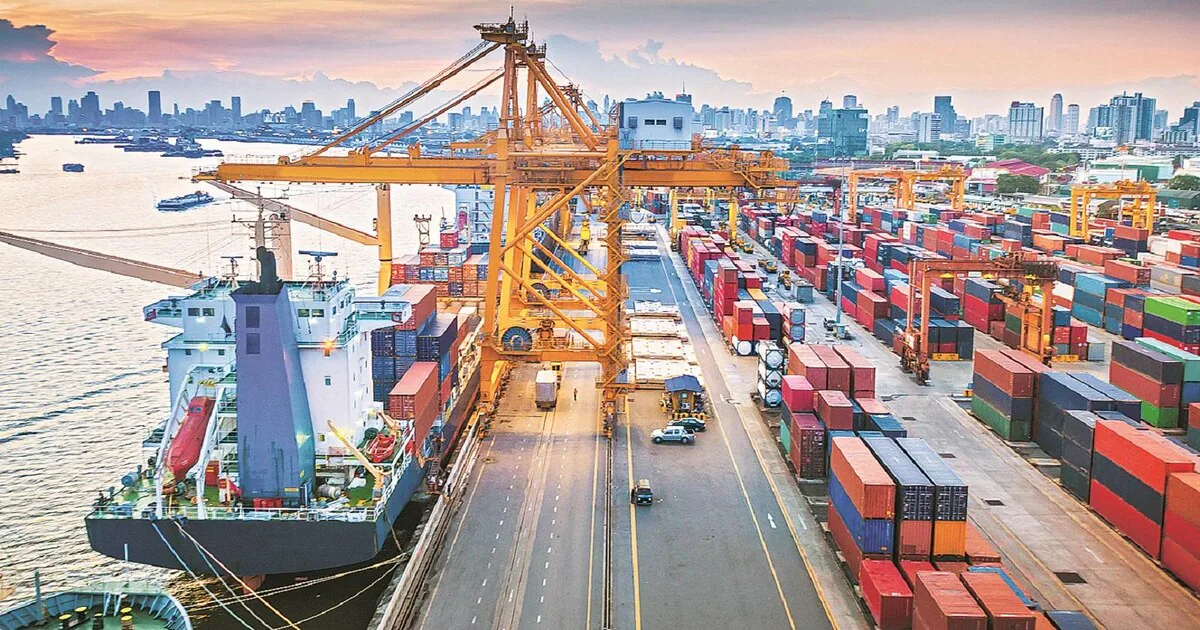The Ministry of Ports, Shipping and Waterways has launched the ‘One Nation One Port Process’ (ONOP) initiative. The scheme is designed to standardise and streamline port processes and documentation, setting the stage for the modernisation of India’s maritime infrastructure.
Launched officially on March 26, 2025, the ONOP initiative focuses on mapping and integrating all port processes across major ports in the country, covering a wide range of cargo types, from containers and dry bulk to liquid bulk. The key objective is to simplify and digitalise the complex documentation processes involved in export-import, transshipment, and coastal operations. This overhaul is expected to significantly reduce the time required to process documentation, thereby lowering logistics costs—a critical step towards improving India’s position in the global maritime sector.
The ONOP initiative also marks a major push towards the digitisation of port operations. The Ministry has prioritised the use of the National Logistics Portal – Marine (NLP-Marine), a platform that integrates various port operating systems under a single unified network. Additionally, the Enterprise Business System (EBS) has been adopted as the central operating system to improve the management of port operations, offering a more efficient, automated solution to port authorities and businesses alike.A recent review of ONOP implementation at major Indian ports reveals promising progress, with significant improvements in the handling of port-related documentation. This is indicative of the government’s commitment to driving innovation and operational excellence within India’s ports, which are vital to the country’s trade and economy.
The Ministry has also rolled out initiatives to bolster the overall competitiveness of India’s ports. These include the development of new terminals, modernization of existing infrastructure, and the creation of enhanced connectivity through road and rail links. In addition, the “Sagar Aankalan” guidelines have been introduced to further refine operational standards and bring Indian ports to global standards, ensuring they can compete effectively in the international market.This comprehensive overhaul reflects the government’s long-term strategy to make Indian ports not only more efficient but also more sustainable. By focusing on mechanisation and digitisation, the ONOP initiative also aligns with India’s broader goals of reducing carbon emissions and embracing eco-friendly technologies in key sectors.
The digitisation of port processes is seen as a vital step towards improving sustainability, as it eliminates paperwork, reduces fuel consumption, and ensures more efficient use of resources.Pushing the boundaries of conventional port management, the ONOP initiative is set to benefit a wide range of stakeholders, from port operators to cargo owners, by reducing delays, improving cargo handling, and lowering overall costs. These reforms are expected to make India’s ports more attractive to global investors and businesses, while also boosting the nation’s position as a key player in the global shipping industry.
As the ONOP initiative takes shape across India’s major ports, its success will likely set a new benchmark for other countries aiming to modernise their maritime operations. In the long term, the initiative not only promises economic growth but also signifies a giant leap toward making Indian ports more competitive, sustainable, and digitally connected.


